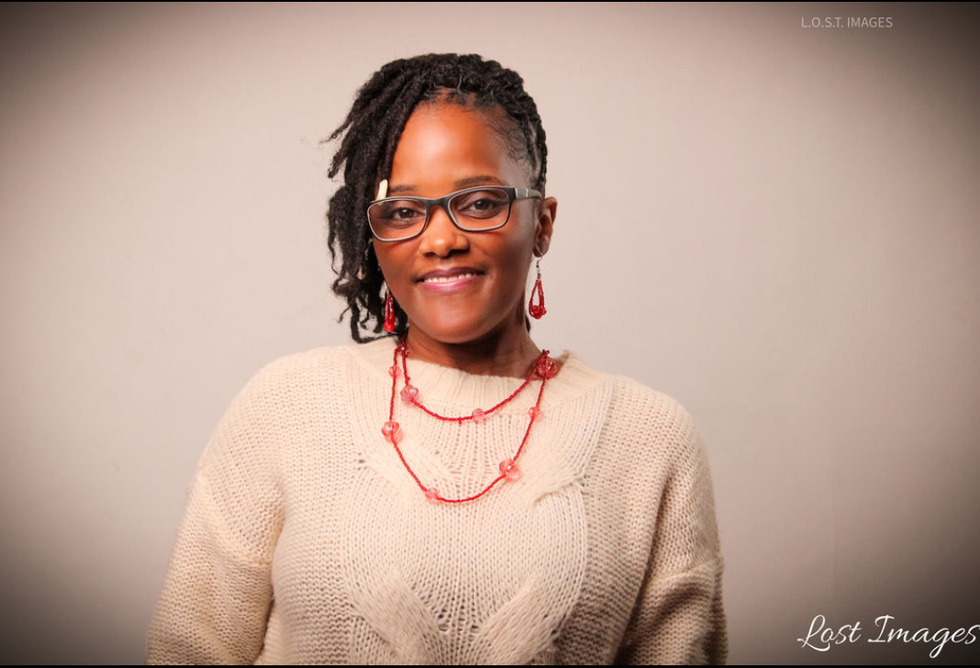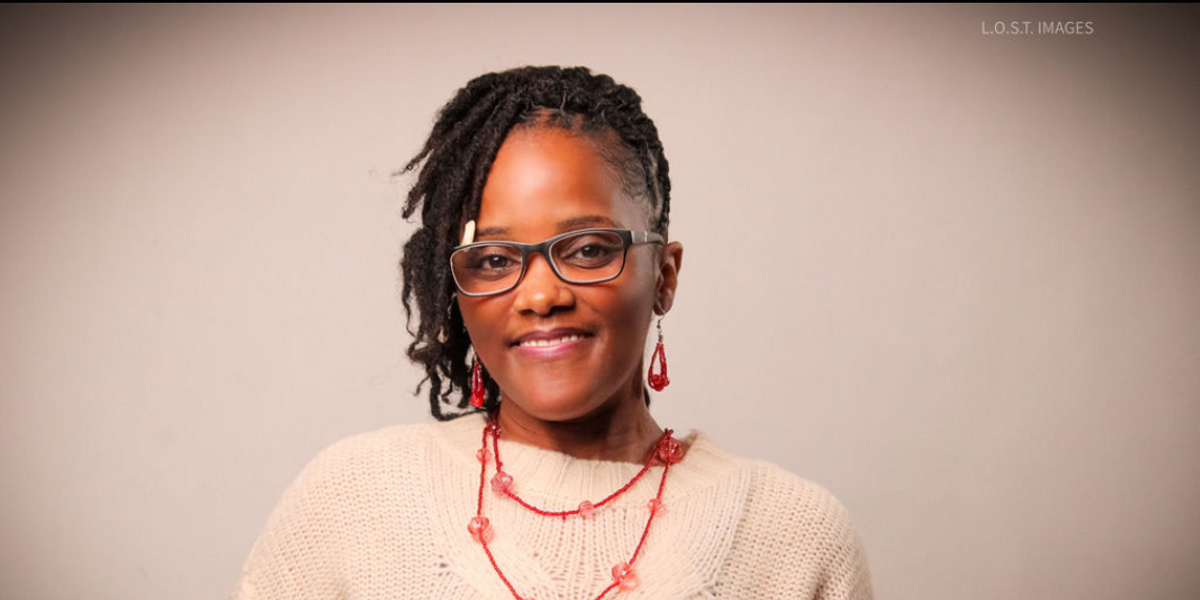
As told to Erica Rimlinger
In 2015, I was newly single, living in Atlanta, taking girls trips and working for a small company as a respiratory therapist when I was thrust into a financial decision that changed my life.
The company I worked for decided it no longer needed to provide health insurance benefits for its employees when the Affordable Health Care Act was introduced. But “affordable health care” meant $600 a month after taxes. That was far from affordable to me, so I opted out. I was frustrated that an educated, skilled, middle-class American healthcare worker did not have the means to take care of her health.
Over the course of that year, I must have seen at least three different gynecologists for heavy bleeding and cramping. Each time, I paid out of pocket. And each time, I went in with my heart and my health records in my hand searching for answers.
“I had early-stage ovarian cancer in 2003 and my father passed away from colorectal cancer shortly after that,” I told the doctors. “Should I be concerned?”
I had also been treated with three rounds of chemotherapy for that ovarian cancer … just in case. I didn’t know back then what “just in case” really meant or even how to ask, but, 12 years after my initial diagnosis and treatment, I knew something was incredibly wrong.
Each of my visits would result in the normalization of my symptoms as perimenopause or fibroids, and I was always instructed just to come back in a few months. Once or twice, I was given a transvaginal ultrasound but never any answers or further testing. Opinion after unaffordable opinion, I was left feeling dismissed and defeated.
In early 2016, I was offered a job with a larger company and, on March 28, I was driving to Tennessee from Georgia to attend orientation. En route, I received a call from my new employer’s benefits officer and was excited to learn my health coverage would begin that day. I signed up for every insurance product I could afford: medical, dental, disability, life and cancer. I’d been without health insurance too long and I never wanted to experience that again. Besides, the “just in case” lingered in my memory.
That call came in at 6 p.m. and the very next morning, less than 24 hours later, I started bleeding profusely. I was still bleeding weeks later when I saw a gynecological specialist and was given an endometrial biopsy. Finally, I was tested for something specific, and when the results came back as endometrial cancer, my first question was, “Why did it take so long?”
This time, treatment called for a complete hysterectomy, followed by months of chemotherapy and pelvic radiation. Although I was terrified of what that was going to mean to my finished-with-cancer life, I was a little relieved and felt somewhat vindicated in knowing I was right. All it took was a lot of persistence and a day’s worth of health insurance.
I know part of the problem is just the nature of diagnosing gynecological cancers. When symptoms occur, they’re sneaky. They disguise themselves as symptoms of common issues women face. Still, I knew something was wrong, and I wish I’d been told by any of the doctors I saw, “Adrienne, you should be aware you’re at risk for endometrial cancer and there are some proactive steps I would like us to take together … just in case.”
I share my story today not only because this experience has left a permanent mark on me physically, mentally and emotionally, but just in case another woman reading this has never heard of endometrial cancer or doesn’t know about its symptoms. Just in case another woman, like me, who has a personal or family history of cancer is never offered genetic testing as part of screening or doesn’t know to ask about this disease.
Just in case another woman is feeling dismissed or dismayed by their lack of access to healthcare and the only thing they have is a gut instinct and prayer. After reading my story, hopefully they’ll know to ask about this disease and that it’s OK to speak up when they aren’t being heard.
This resource was created with support from Merck.
Have a Real Women, Real Stories of your own you want to share? Let us know.
Our Real Women, Real Stories are the authentic experiences of real-life women. The views, opinions and experiences shared in these stories are not endorsed by HealthyWomen and do not necessarily reflect the official policy or position of HealthyWomen.
From Your Site Articles
Related Articles Around the Web

